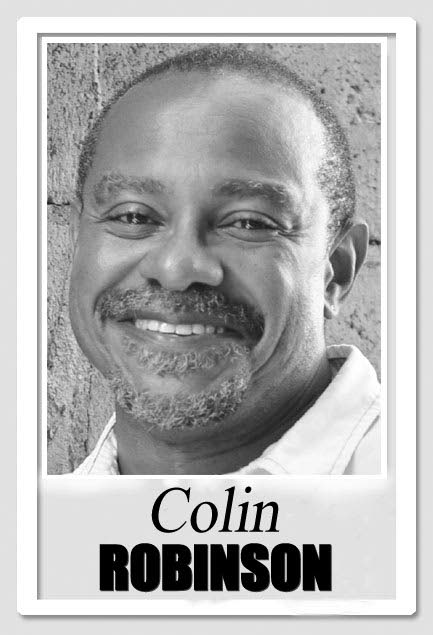Where are the election results?

I want to start with some corrections. The broken website link for papers laid in Parliament was repaired even before last week’s column appeared. Do make the best use of it: http://parlcloud.ttparliament.org:8081/paperslaidviewer/.
Although she continues to be represented on the Equal Opportunity Tribunal (EOT) website as a lay assessor, and participated in a case involving sexual orientation in November, Leela Ramdeen demitted that role five days after the column appeared.
Of course, simple information about assessors’ dates in office wasn’t easily accessible, and closely guarded by EOT staff I first reached, who needed me to be somebody from somewhere – not just a member of the public – to be “authorised” to share it. And, yes, they disconnected me in the process. Twice.
It’s what I always encounter seeking the simplest information from state offices (besides the Parliament). A cultivated lack of transparency in government. Even Government’s head statistician Sean O’Brien reminded us in December that: “A large part of my job is to be taking blame for not supplying data that I don’t get in the first place.”
Last weekend, US-based academic Selwyn Cudjoe published an opinion column in the local press about the first voting in the Democratic Party presidential primary election there.
“Last Monday night I tuned into CNN to listen to the results of the Democratic caucus that had taken place in Iowa earlier in the day. By 1 am on Tuesday the Iowa Democratic Party (IDP) had issued no results...The IDP offered many reasons for its inability to produce the results of the election in a timely fashion.”
A mere 177,000 voters participated in Iowa’s caucuses, making the IDP’s inability to return accurate results for over a week an embarrassment for Democrats, who’d just failed to impeach Donald Trump out of office. IDP chair Troy Price resigned. One reason for the reporting challenges is the caucuses use a form of proportional representation (voters for a candidate who doesn’t meet a minimum threshold are able to switch their votes to candidates who do).
The comment by Cudjoe, who’s been quite a provocateur in local politics, reminded me that TT recently held our own local government election, in which 370,000 voters – around twice the number in Iowan – participated.
That was seven weeks ago!
Within a week of 2016’s local government elections, the Elections and Boundaries Commission (EBC) had released a table of vote tallies by seat.
But no one seems remotely embarrassed that nowhere has the public been given vote tallies for the 139 councillors elected on December 2, nor the list of aldermen proportionally appointed to each council. A media release posted to the EBC website two days after the election shows only global vote totals for each party, and the turnout. Crickets since.
As with so many things here, no one seems to care much.
I was able to find authoritative results for Grenada’s last two elections online hours after the polls closed. But their electorate is 74,000.
In North America, it's media houses that often “call” election races, gathering voting data ahead of its official release by election authorities. MSNBC’s Steve Kornacki, eg, has become a guru of voting analysis and prediction. Often data comes from relationships with the campaigns, who have both access and keen interest in it; they’re present when the ballots are counted. On the night of December 2, visible in television coverage of Balisier House was the colourful spreadsheet on a big-screen monitor showing live results.
I’ve wondered why local media, self-styled guardians of democracy, don’t display greater interest or capacity for this critical role, satisfied to publish whatever poll results tumble their way. Why they don’t invest more in resources like pollster Nigel Henry, instead of the tedious panels of election-night analysts.
In gaps in official EBC returns, why don’t political parties share data they clearly have with the media? Or public? Instead, they’ve focused, especially this year, in spinning hidden data to interpret the results.
There seems no legislative mandate, either, to make election results publicly available, nor any deadline. The Representation of the People Act merely states:
“The Returning Officer shall, as soon as he shall have ascertained the result of the poll, forthwith publicly declare the same and announce the candidate for whom most votes have been given to be elected as the member for the electoral district.”
We need specific regulations compelling timely publication online.
But this information gatekeeping should be little surprise, given my reminder this week of how we hoard our best resources to give away free to those who can most afford to pay for them. This month I’ll shell out thousands of dollars for Carnival shows in the Savannah. In Government’s Carnival economy, that means I’ll be paying for the worst seats. Those seated in the best, VIP, seats will be the high-income earners who’ve been given theirs free.


Comments
"Where are the election results?"